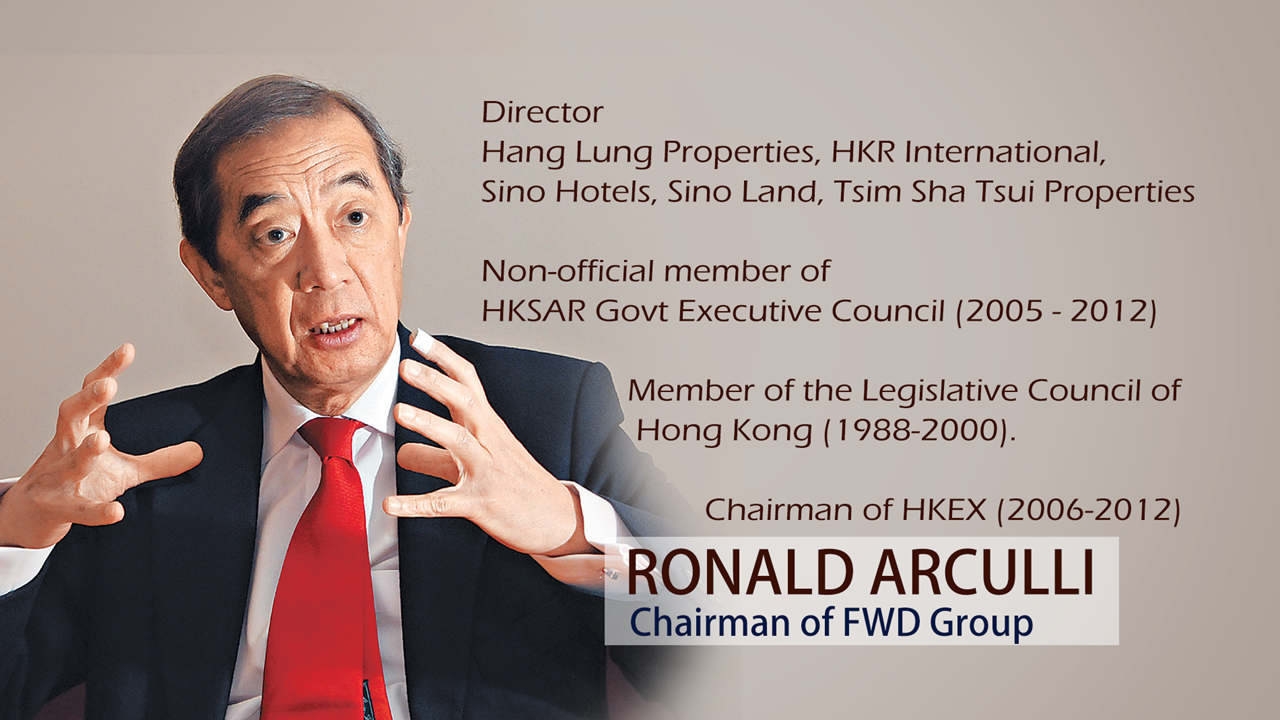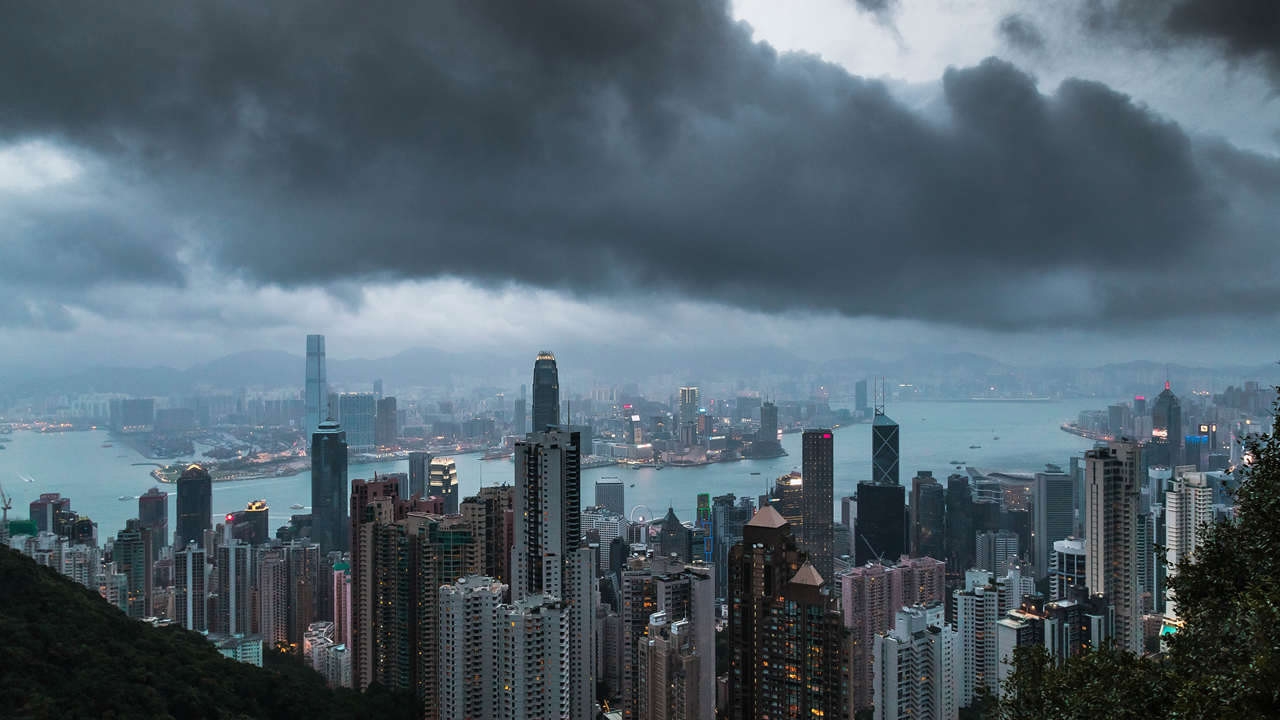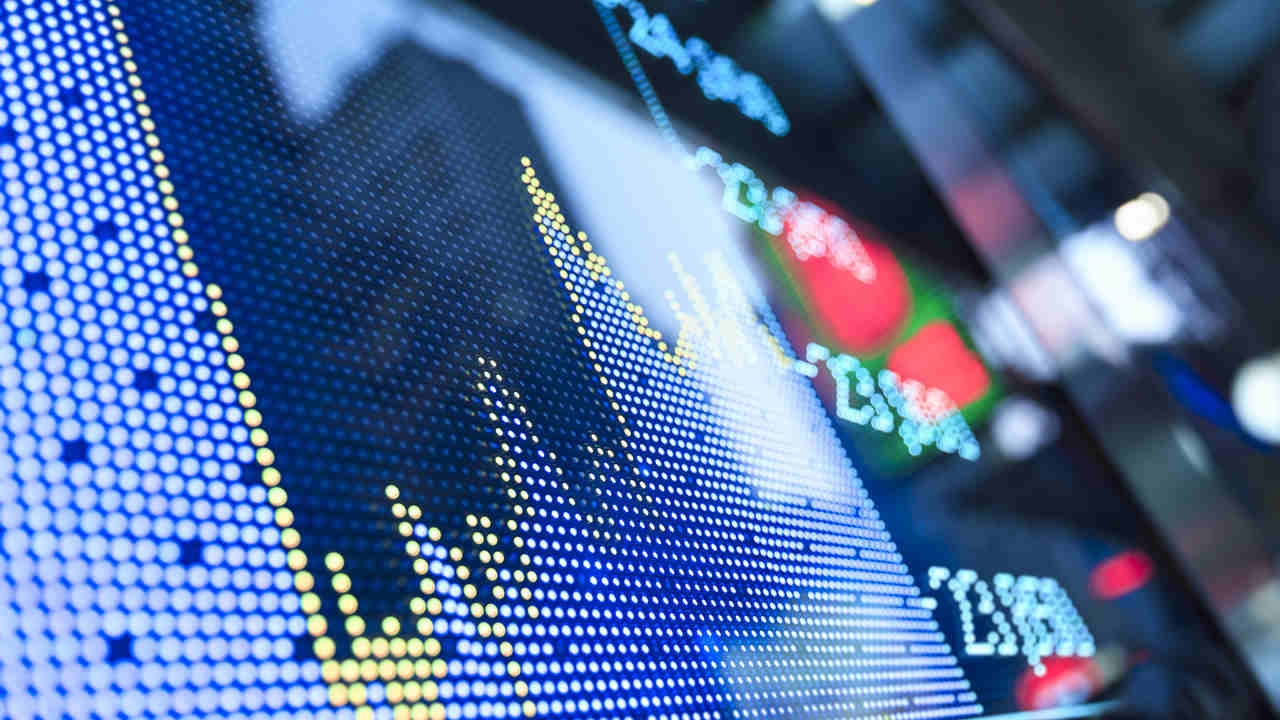By CGTN’s Cheng Lei
Lawyer by trade, politician by choice, philanthropist and businessman, Ronald Arculli is a Hong Kong stalwart. For six years, Ronald Arculli steered Hong Kong Exchanges and Clearing (HKEX) through choppy waters and helped it achieve remarkable success, and now he believes the financial crisis has made the Hong Kong market stronger.

Ronald Arculli /CGTN Photo
Arculli was instrumental in bolstering HKEX’s image abroad, and was a key player in bringing many highly-regarded overseas companies to list in Hong Kong.
But when Arculli became chairman in 2006, he could not have known that a financial crisis was right around the corner or the European debt crisis would be a drag on markets.
“There was a celebration dinner at the Peninsula Hotel, for one of our overseas intended IPO companies. That was the night that Russia crashed and all of a sudden the entire room at 9 o’clock went completely quiet. Then everyone got on cellphones. Then I found out, it hit Russia in a big way. The robustness of our market was clearly something we needed to be mindful of,” Arculli recalled.

VCG Photo
Having been in Hong Kong business for decades, he has also seen the Hong Kong market come stronger out of each crisis, as the crisis brought “a very detailed examination of the situation by the government, proposals to reform the exchange.”
Arculli told CGTN, “I think the biggest change probably took place in the late 1960s, early 1970s. Then [for] 'Black Monday' in 1987, we were unfortunate to have closed exchanges for two-three days. That was a very challenging period. Then in the midst of that, don’t forget the talks about resumption of sovereignty in the early 1990s.”
Last year, Singapore knocked Hong Kong into fourth place in a prominent ranking of financial centers. As Shenzhen and Shanghai, where trading volumes dwarf Hong Kong’s, open up, they might eat Hong Kong’s lunch.

VCG Photo
But Arculli thinks Hong Kong will still keep its status as one of the most international and financial centers across Asia.
“Japan is a large market, but it’s largely domestic. As far as Singapore is concerned, we probably are really a tale of two cities. They have their own support within the Association of Southeast Asian Nations. We are fortunately part of China, able to work closely with Shanghai, Shenzhen. And Hong Kong Exchange now is in the portfolio [which] includes London Metal Exchange,” Arculli noted.
As Hong Kong is celebrating its milestone – two decades after returning to China, Arculli also predicts greater things to come, if Hong Kong can “remain competitive and keep or increase market share.”
Related stories:
Hong Kong Faces: Laura Cha confident region will remain world financial center
Hong Kong Faces: Property tycoon Ronnie Chan wants to bridge East and West









